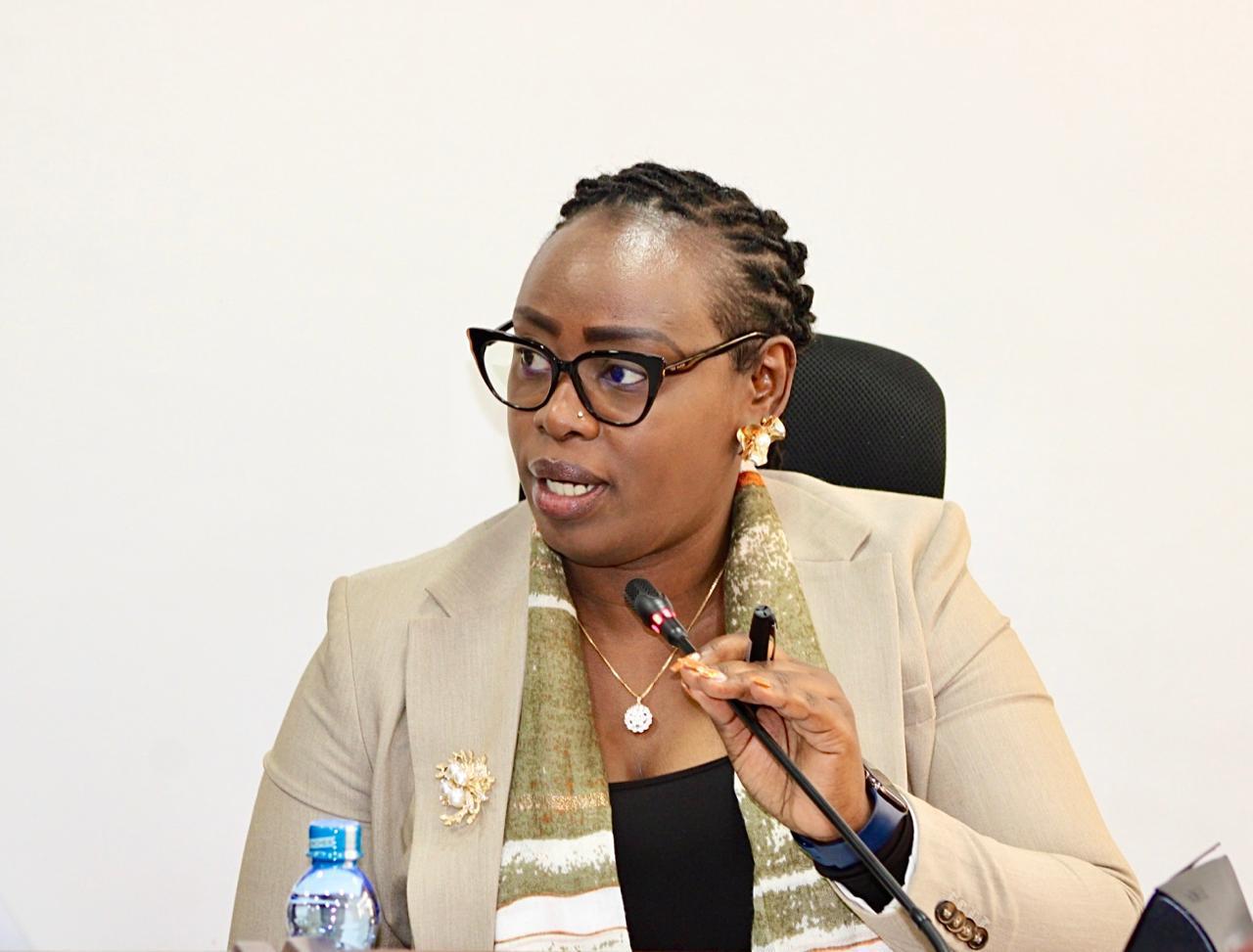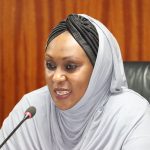The Communications, Information, and Innovation (CII) Committee recently met with the ICT Authority (ICTA) to discuss concerns over several key digital projects, including the Kenya Digital Economy Acceleration Project (KDEAP), e-Citizen platform, and public Wi-Fi initiatives.
During the meeting, CII Chair Hon. John Kiarie sought clarity on ICTA’s role and its approach to ensuring the sustainability of these initiatives.
“Is ICTA a regulator or an implementor? What is ICTA’s project sustainability plan?” Kiarie pressed.
ICTA CEO Stanley Kamunguya clarified that the authority primarily acts as an implementor, while regulatory responsibilities are being reassigned to the Communications Authority of Kenya.
Kamunguya stated that ICTA focuses on delivering infrastructure and digital services but acknowledged the challenges in deploying and maintaining public Wi-Fi infrastructure.
He revealed plans to transition to a lease model in which a supplier would maintain the infrastructure to enhance sustainability.
Regarding the KDEAP and e-Citizen, Hon. Kiarie further questioned ICTA’s role and management of these projects, including details on ownership and the implementation of the Ksh 3.5 billion KDEAP initiative.
In response, Kamunguya explained that the e-Citizen platform was handed over to the government in January 2023, under the oversight of the Attorney General, before being transferred to the Ministry of Immigration in July 2024.
ICTA managed the platform until the handover.
Concerns were also raised about incomplete ICT hubs. “The hubs were launched, but the computers have never been connected to the internet,” said Hon. Hamisi Kakuta.
The ICTA CEO clarified that the ICT Hubs initiative is a multi-agency project where ICTA provides devices, but internet connectivity is not part of their mandate.
Hon. Kimaiyo questioned the practicality of launching additional Wi-Fi hotspots if existing ones are not operational, with Hon. Kakuta warning against the “misplacement of public resources.”
Hon. Irene brought up the issue of gender disparity in ICT training programs, questioning why more men than women are enrolled in ICT courses.
Kamunguya acknowledged the disparity, citing a UNESCO study indicating that women globally are less likely to pursue careers in technology.
However, he assured the Committee that gender inclusivity remains a priority in ICTA’s programs.
The Committee also encouraged ICTA to reconsider its criteria for identifying underserved areas eligible for the Universal Service Fund (USF) allocations.
“You might want to look at the underserved criteria so that other areas can also benefit from the USF fund,” Hon. Kiarie suggested.
The CEO agreed, emphasizing the need to reevaluate the criteria to ensure equitable service delivery across the country.
Hon. Kitur suggested exploring a partnership with Starlink to address connectivity gaps, particularly in remote areas.
In response, Kamunguya confirmed that ICTA is considering low-earth orbit satellite options like Starlink to overcome connectivity challenges in areas where Kenya Power and Lighting Company (KPLC) services are unavailable.
Further concerns were raised by Hon. Mumina about the Horn of Africa Gateway Development Project (HOAGDP).
“None of our people are aware of the Horn of Africa project. Who exactly is being sensitized?” she asked.
The CEO admitted that community engagement on the project had only begun in August, which might explain the lack of public awareness.
As the meeting concluded, it was evident that while ICTA has made strides in expanding Kenya’s digital infrastructure, significant gaps remain in project completion, sustainability, and transparency.
The Committee urged ICTA to provide more detailed reports on project budgets, timelines, and operational challenges.
Chair Kiarie emphasized the need for improved project oversight to ensure Kenya’s digital agenda progresses effectively and equitably.





